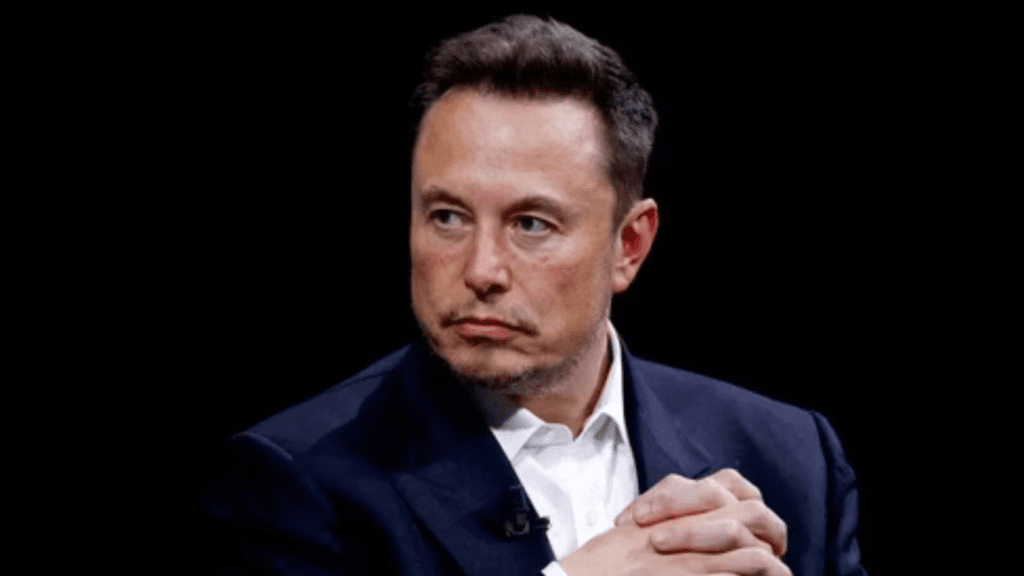Elon Musk, the tech entrepreneur and founder of Tesla, has taken legal action against OpenAI and its CEO, Sam Altman, alleging a breach of the organization’s non-profit principles. Musk claims that OpenAI has shifted its focus towards profit-making, with Microsoft being the primary beneficiary. The lawsuit, filed in the Superior Court of California, accuses OpenAI of violating its founding agreement and turning into a closed-source subsidiary of Microsoft.
According to the lawsuit, OpenAI, originally established to ensure that artificial intelligence (AI) benefits humanity, has strayed from its mission and is now prioritizing profits for Microsoft. The complaint highlights Microsoft’s significant investment in OpenAI, amounting to $10 billion, which allegedly led to the transformation of OpenAI into a profit-driven entity. Musk, a former backer and co-founder of OpenAI, contends that the organization’s actions contradict its stated objective of promoting AI for the greater good.
The legal dispute underscores the growing importance of AI technology and its implications for society. OpenAI’s rise to prominence, particularly with its ChatGPT generative AI platform, has sparked widespread interest and investment in AI development. However, concerns have been raised regarding the potential misuse and ethical implications of AI, including misinformation and job displacement.

The lawsuit also sheds light on the power dynamics within the tech industry, with major players like Microsoft exerting influence over AI research and development. Musk’s legal action seeks to compel OpenAI to adhere to its original non-profit mission and prevent individual defendants from benefiting personally at the expense of the organization’s stated goals.
The case has garnered attention due to its implications for the future of AI governance and regulation. As AI technology continues to advance, stakeholders are increasingly scrutinizing the ethical and societal implications of its deployment. Musk’s lawsuit represents a significant development in the ongoing debate over AI ethics and governance.

In response to the lawsuit, OpenAI and its executives have yet to issue a formal statement. The outcome of the legal proceedings could have far-reaching implications for the future direction of AI research and development, as well as the broader tech industry’s approach to ethics and corporate responsibility.
Overall, Elon Musk’s lawsuit against OpenAI underscores the complex relationship between technology, ethics, and corporate interests in the age of artificial intelligence. As the debate over AI governance intensifies, stakeholders will continue to grapple with the challenges of ensuring that AI technologies are developed and deployed responsibly for the benefit of society.












